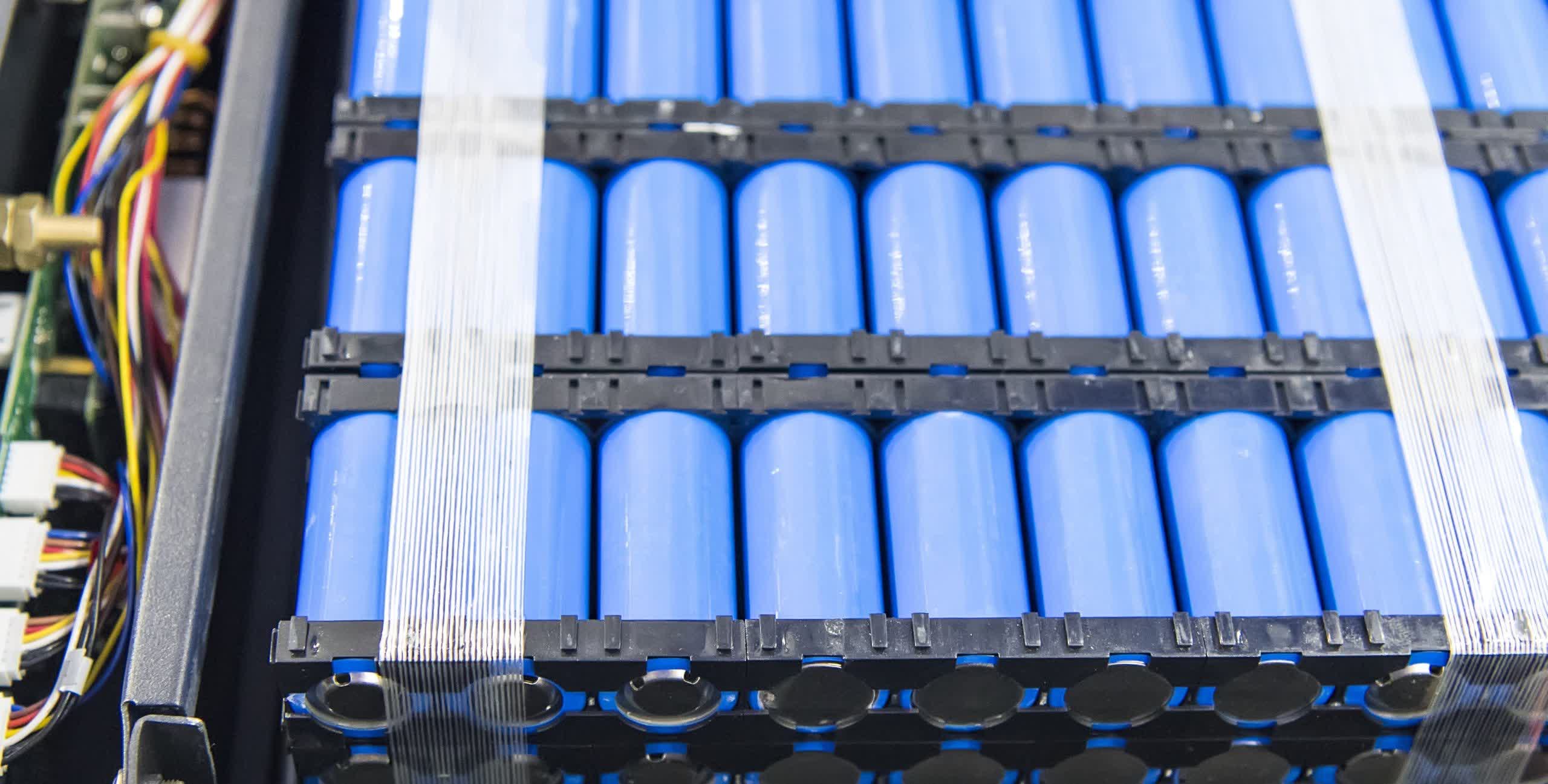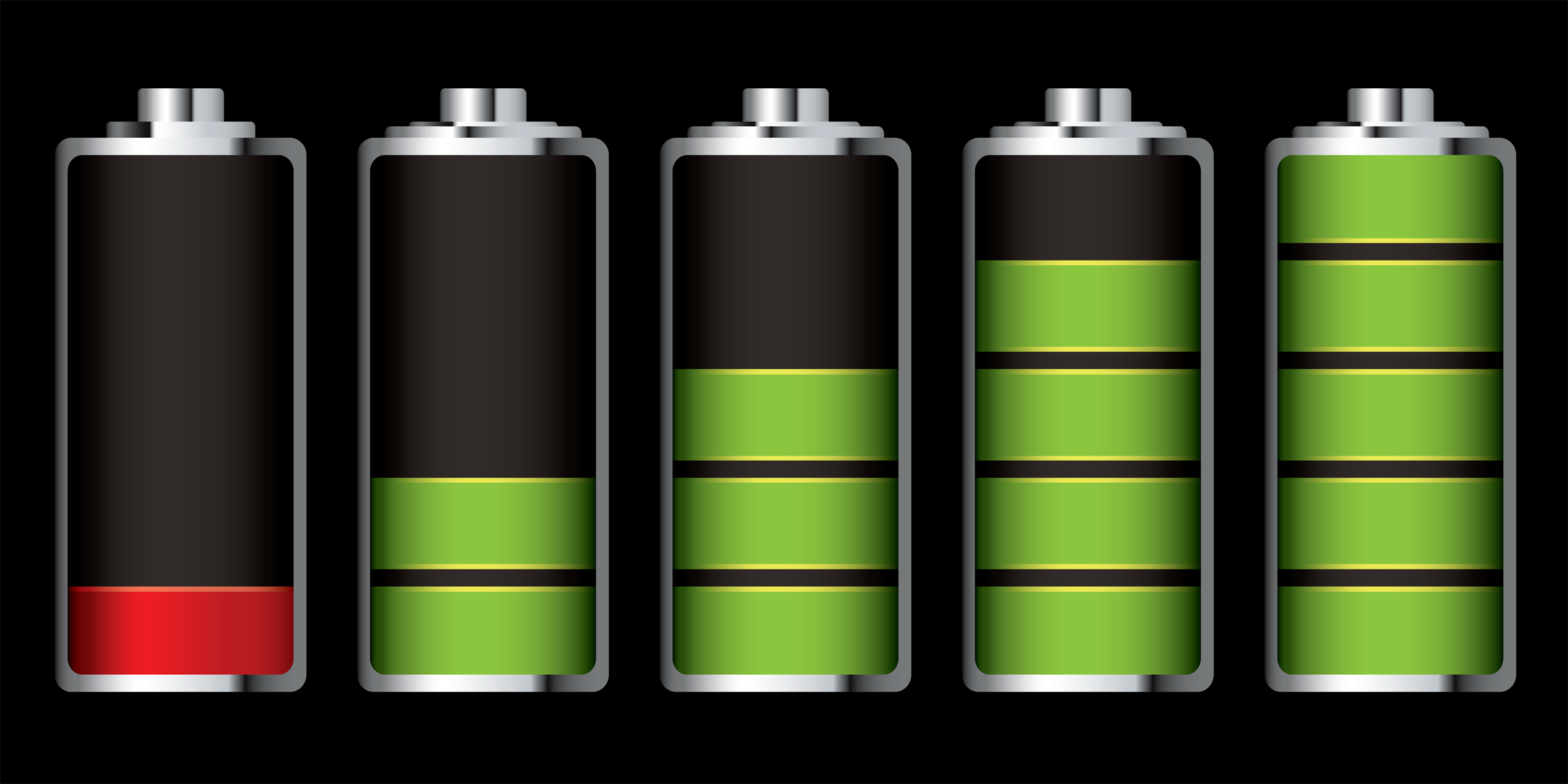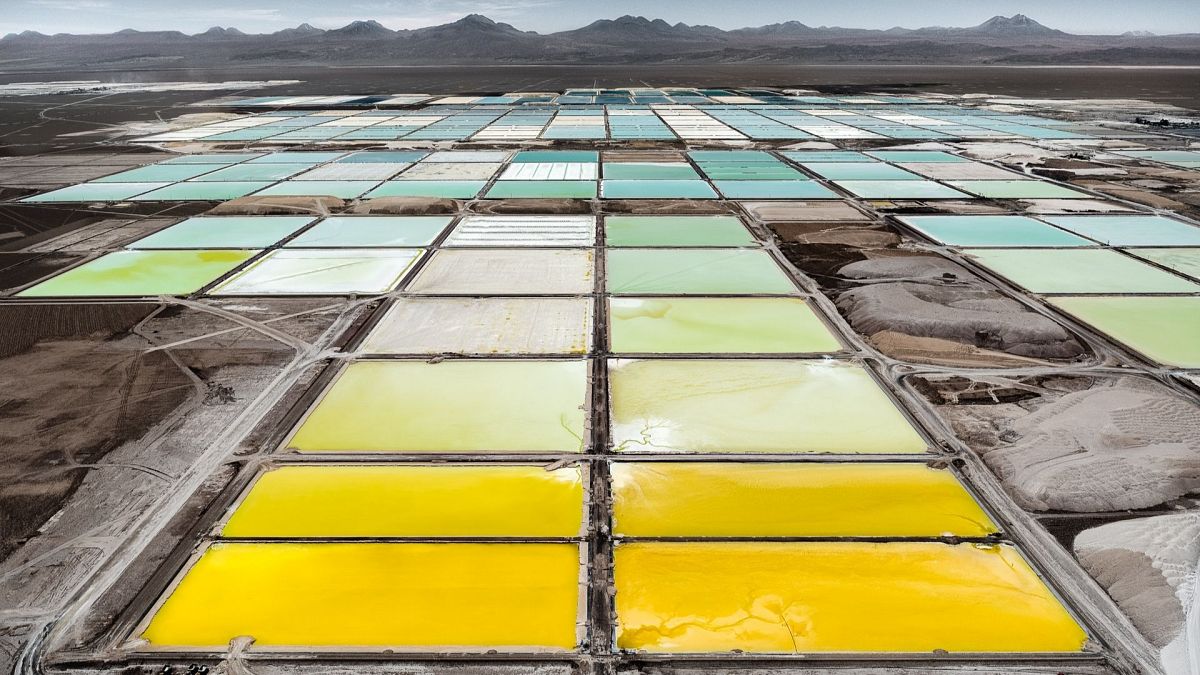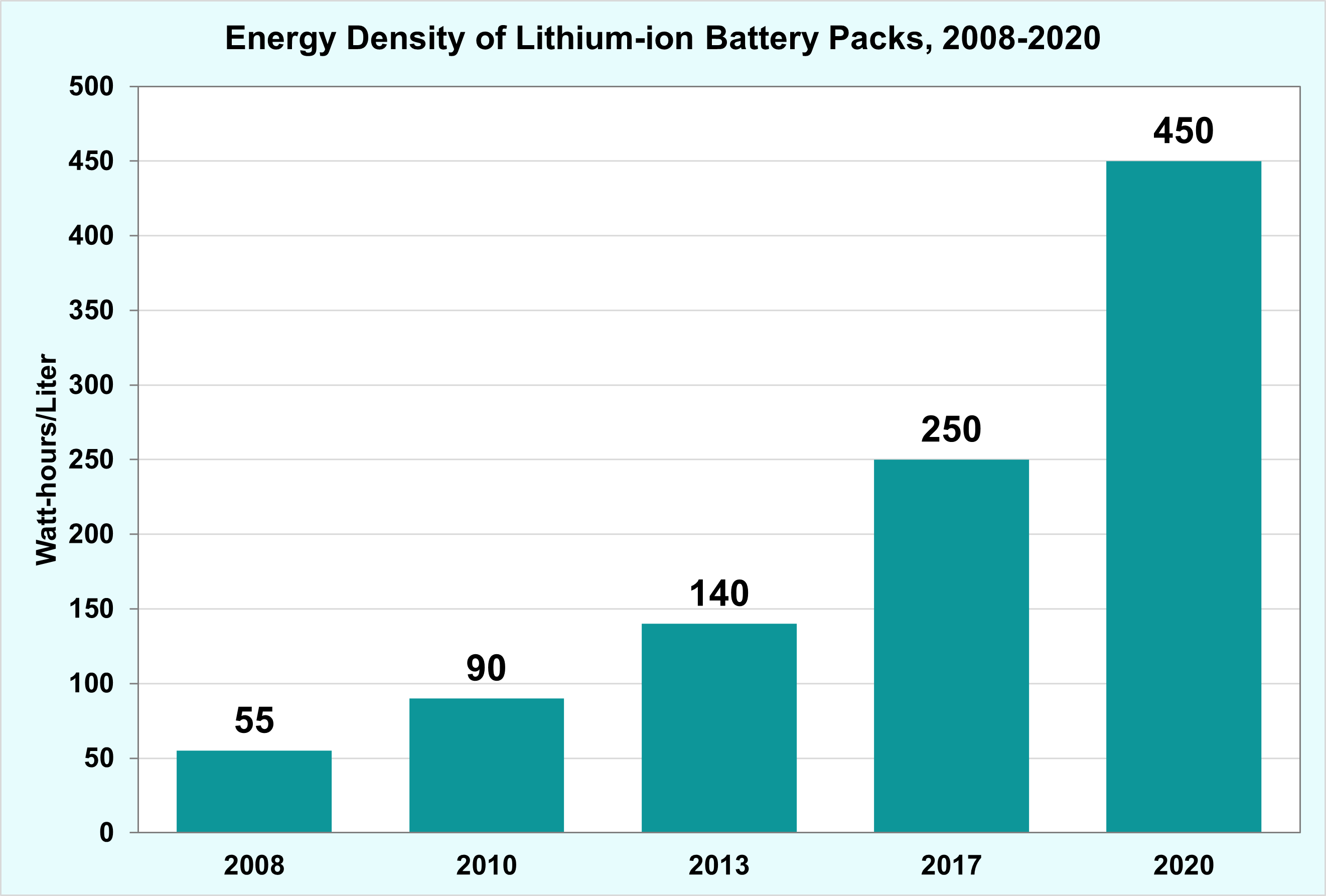The big picture: Among the many alternative solutions to traditional lithium-ion batteries, researchers are experimenting with lithium-air designs. A new innovation in the space could solve many of the issues previously exhibited by this technology.

A new paper published in Science describes the chemistry behind a novel lithium-air battery, an innovative design which could potentially provide way more energy density than traditional li-ion battery technology. It could serve as a real breakthrough for the battery market and a possible revolution for transportation and heavy-duty vehicles such as airplanes, trains and even submarines.
The new battery can sustain more than 1,000 recharge cycles with just a small five percent drop in energy efficiency and zero impact on coulombic efficiency. This means that all the initial battery material was still active, with no irreversible side reactions during the charge/recharge cycles.
The design conceived by researchers at the Illinois Institute of Technology uses a solid electrolyte based on a ceramic-polyethylene oxide composite, which is safer and more efficient compared to liquid electrolytes. Ceramic and polymer materials used as solid electrolytes have their own downsides when used separately but when combined, they can provide both the high ionic conductivity of ceramic and the high stability of the polymer.

The composite electrolyte was able to work at room temperature, a first for lithium-air batteries. According to Mohammad Asadi, assistant professor of chemical engineering at Illinois Tech, the solid-state electrolyte "contributes around 75 percent of the total energy density." There is still room for further improvement and by minimizing the thickness without compromising performance, the new design could achieve a "very, very high" energy density.
The lithium-air battery could potentially store one kilowatt-hour per kilogram or higher, which is four times greater than current lithium-ion technology. A lithium-air battery based on lithium oxide (Li2O) formation, the Science article says, can theoretically deliver an energy density that is "comparable to that of gasoline."
Going forward, Asadi plans to work with private industry partners to try and optimize the design for manufacturing. The researcher says the new technological breakthrough has opened "a big window of possibility" to actually bring lithium-air batteries to the market.

